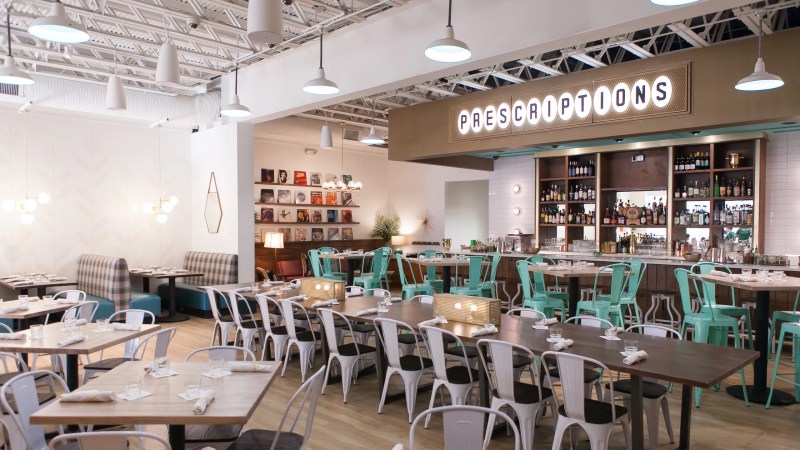When Tripadvisor revealed its Travelers’ Choice Awards Best of the Best 2025 earlier this summer, one ranking raised eyebrows: Charleston, South Carolina, beat out heavyweights like New York City, Bangkok, and Copenhagen to secure its place as one of the top foodie destinations in the world. Coming in at No. 12 overall, Charleston is more popular than ever, and according to local chef and consultant Nathan Thurston, the rise has been decades in the making.
Thurston, co-founder of Millers All Day, home to South Carolina’s most celebrated breakfast sandwich, says the city’s food scene is rooted in careful planning and authentic flavor. “I believe this was initially created by past Charleston mayor, Joe Riley in the mid-1980s,” he explains. “Riley conducted a feasibility study that was instrumental in bringing the legendary Charleston Place Hotel (+ Conference Center) to the market, followed by a number of premium tier hotels and restaurants. This development plus the pristine natural assets of the city including five pristine area beaches, stunning historic homes and landmarks, and jaw-dropping sunsets was the perfect recipe to yield a hospitality boom.”
That boom didn’t just attract tourists. It pulled in culinary talent from across the country. “Once established, the area continued to attract skilled operators, chefs, and hospitality professionals from larger metros such as New York City, Los Angeles, and Chicago,” Thurston notes. “Often these pros have migrated for the slower lifestyle of Charleston and as a result, the rising tide has elevated its cuisine to even higher levels.”
Why Charleston?

So, why Charleston? What makes this city so special? What truly sets Charleston apart, Thurston says, is its signature Lowcountry cuisine, a culinary tradition that defines the city’s identity. “Very few cities have their own cuisine like Charleston,” he adds. “Lowcountry cuisine is one of a kind and was the basis of its hospitality boom. Visitors are enamored by bowls of local shrimp and grits, she crab bisque, Frogmore stew, and oyster roasts.”
But Charleston’s food scene isn’t just stuck in tradition. Independent operators and younger chefs have found success experimenting with fusion and global flavors. “Some great examples of this movement include Puerto Rican-inspired Palmira BBQ, Filipino restaurant Kultura, and Chinese-American inspired Jackrabbit Filly,” Thurston says. “Charleston not only continues to sizzle as a tourism destination, but equally capable restaurants are popping up in residential and revitalized commercial areas, demonstrating the curious palate of the locals.”
With more than 25 years in Charleston kitchens, including time at Kiawah Island’s Ocean Room and Jasmine Porch, Thurston has watched the city’s food scene grow from a regional favorite into an international standout. New York may have size and variety, but Charleston offers something different: a food culture rooted in Lowcountry tradition, lifted by talented chefs, and loved by both locals and visitors. That mix, Thurston says, is what makes Charleston America’s top foodie destination.




